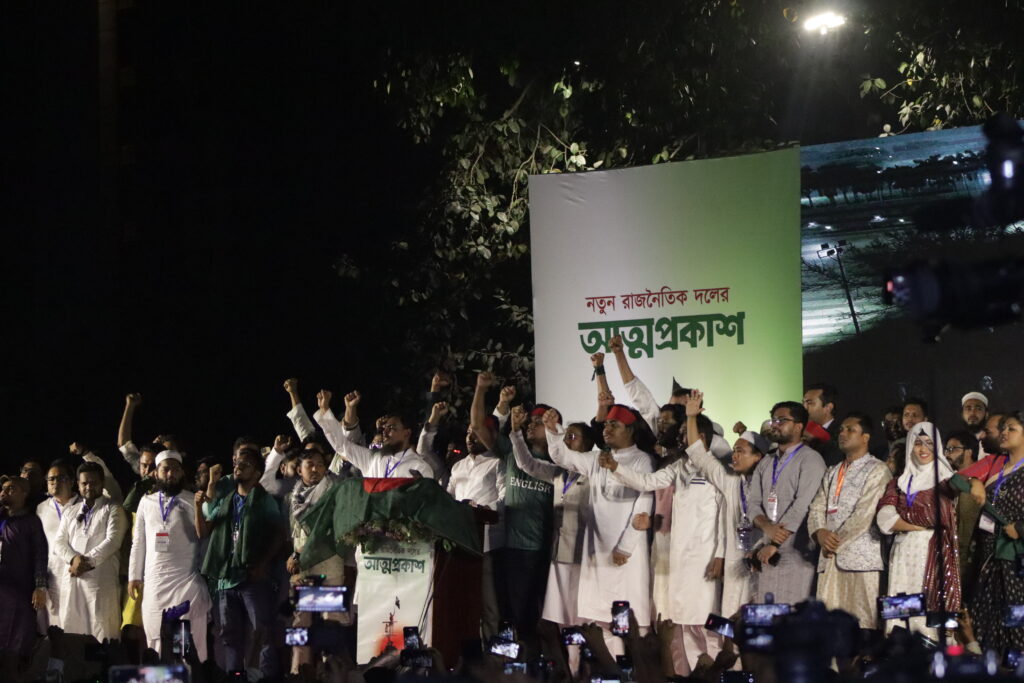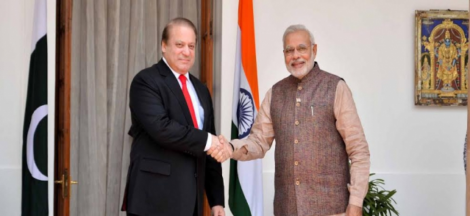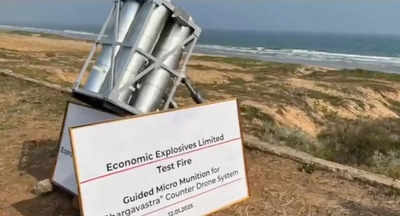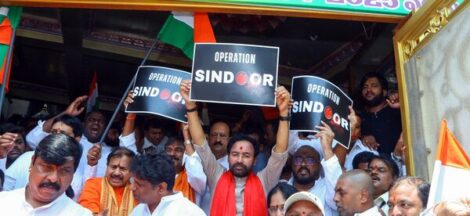Talks aimed at uniting the two factions of the Nationalist Congress Party , headed by Sharad Pawar and Ajit Pawar, have gathered significant momentum, with both sides reportedly committed to finalising the merger before the Maharashtra urban body elections in October 2025. This push for unity comes at a time when growing internal discord and shifting loyalties within the party have raised concerns about its long-term stability and political future.
The NCP, founded in 1999 by Sharad Pawar after he split from the Indian National Congress, has faced challenges in recent years, particularly with the emergence of a powerful faction led by Ajit Pawar. The party’s structure, once a pillar of Maharashtra’s politics, has seen growing rifts, with the younger Pawar distancing himself from his uncle Sharad Pawar. This fracture within the NCP has sparked discussions within political circles about the potential consequences for the party’s influence ahead of key elections.
Both factions have been under pressure to resolve their differences and present a unified front. According to sources close to the negotiations, initial discussions have focused on leadership arrangements, with the possibility of dividing key roles between the two Pawars to ensure both factions feel adequately represented. Additionally, the merger talks have touched on power-sharing agreements and strategies for combating emerging political threats in the state, particularly from the Bharatiya Janata Party and Shiv Sena.
The decision to prioritise unity before the urban body elections comes as Maharashtra’s political landscape continues to evolve. The BJP’s increasing influence, coupled with the Shiv Sena’s reorganisation under Eknath Shinde, has created a volatile environment for regional parties like the NCP. Analysts suggest that a united NCP could serve as a significant counterforce to the BJP’s expansion, particularly in urban centres where voter preferences have shifted in favour of the opposition in recent elections.
One of the main hurdles in the merger talks has been the question of leadership. While Sharad Pawar remains an iconic figure in Maharashtra politics, Ajit Pawar’s rise as a prominent leader has given him a substantial base of support within the party. Many believe that the younger Pawar’s role in the state’s governance and his political appeal among younger voters could be key to the party’s rejuvenation. However, Sharad Pawar’s political acumen and longstanding influence cannot be dismissed, and his supporters argue that the party’s future must be guided by his experience and vision.
Political observers have noted that these tensions are not unique to the NCP. The broader shift in Maharashtra’s political alignment, with the BJP and Shiv Sena dominating much of the state’s governance, has created an environment where regional parties must adapt or risk losing relevance. The NCP, with its significant presence in rural Maharashtra, has a strong base, but its ability to maintain relevance in urban areas is increasingly in question.
Another factor driving the merger talks is the NCP’s desire to solidify its position in the upcoming elections. With the urban body elections in 2025 just over a year away, the party’s leadership has recognised the need for a cohesive strategy to maximise electoral gains. Analysts suggest that the merger would allow the party to tap into a broader voter base, especially if it can present a unified message that resonates with both urban and rural constituents.
Despite these pressures, the merger talks have not been without setbacks. There have been instances of mistrust between the two factions, particularly regarding the distribution of key posts and the direction of the party’s policies. Some members of Sharad Pawar’s faction have expressed concerns over the terms of the merger, particularly with respect to the role that Ajit Pawar would play in the new structure. Similarly, Ajit Pawar’s supporters have voiced their dissatisfaction with the lack of a clear path for leadership succession, which they fear could limit their influence within the unified party.
As the talks continue, there are indications that both factions are exploring ways to secure their political futures, should the merger fail. Sharad Pawar’s faction is reportedly considering strengthening ties with other regional parties, while Ajit Pawar’s group has made overtures to the BJP. However, both sides appear to recognise that a merger remains the most viable option for maintaining the NCP’s relevance in Maharashtra’s political landscape.




 India’s Bhargavastra Targets Drone Swarm Threat
India’s Bhargavastra Targets Drone Swarm Threat 